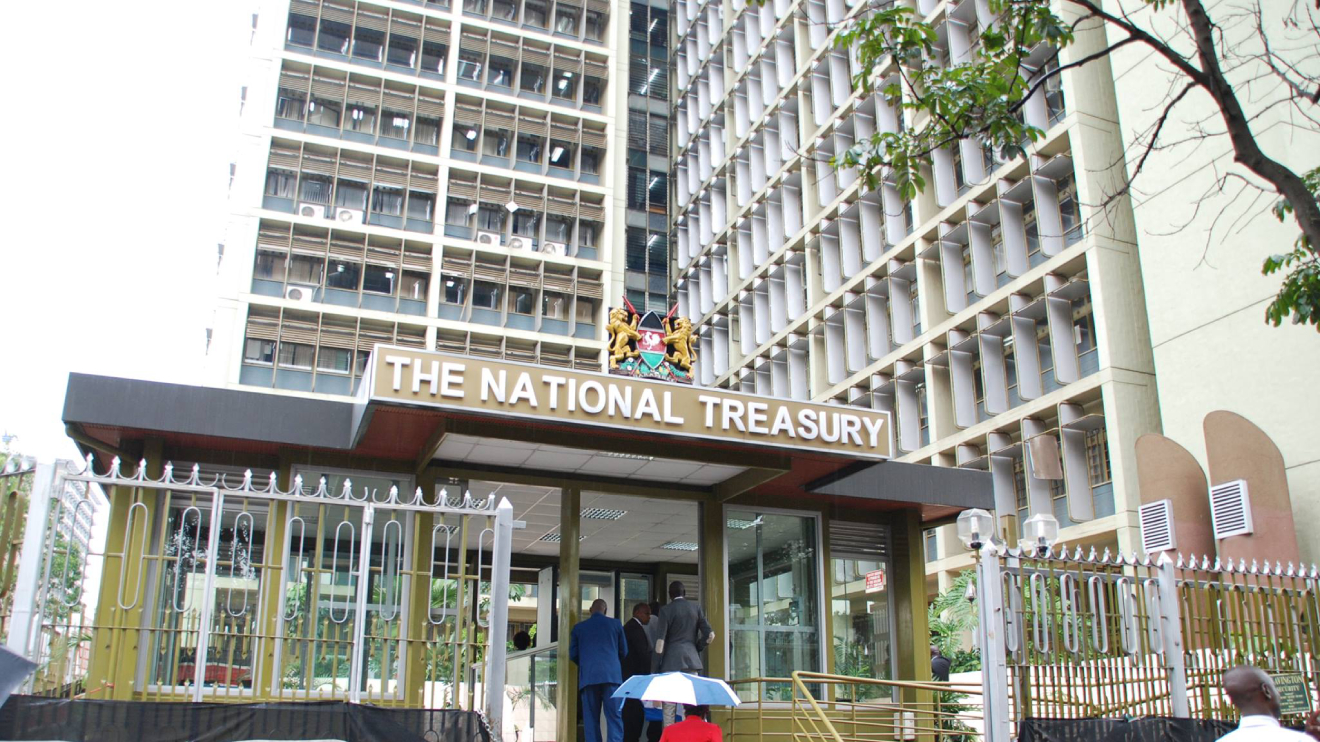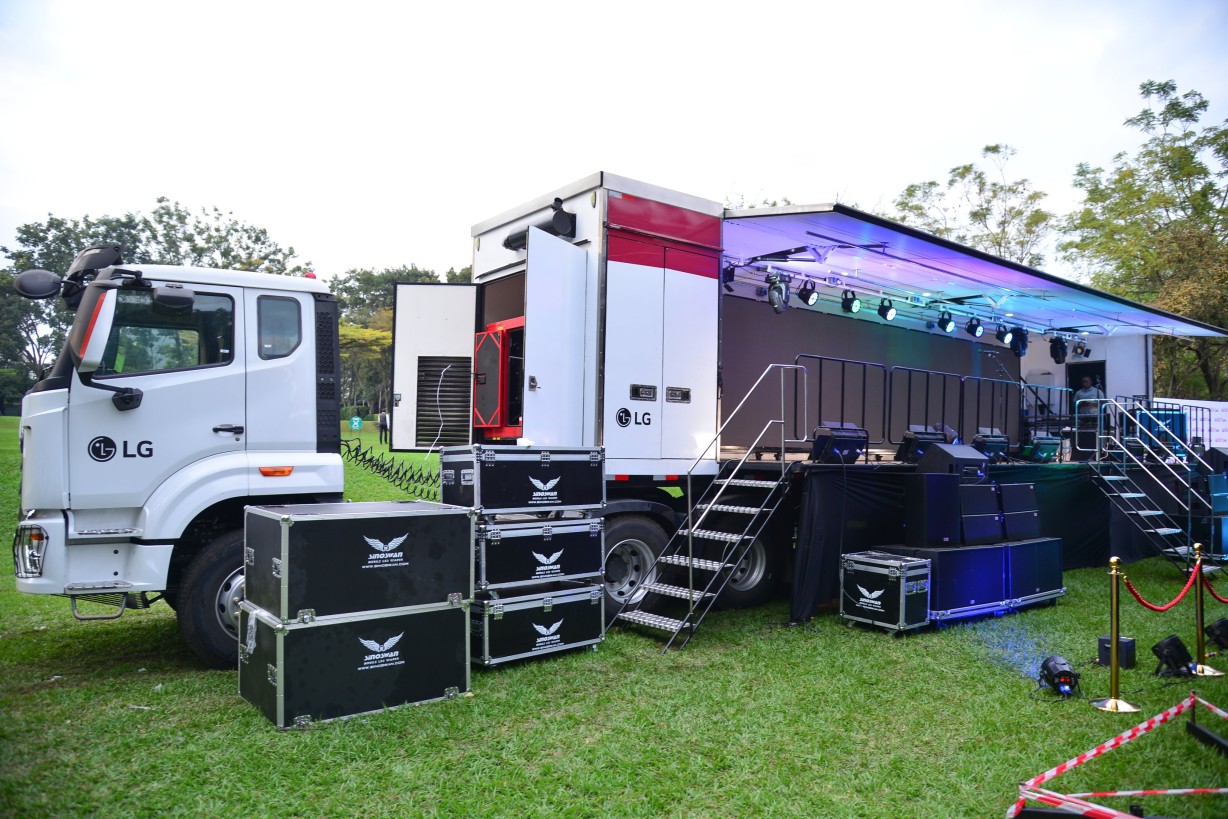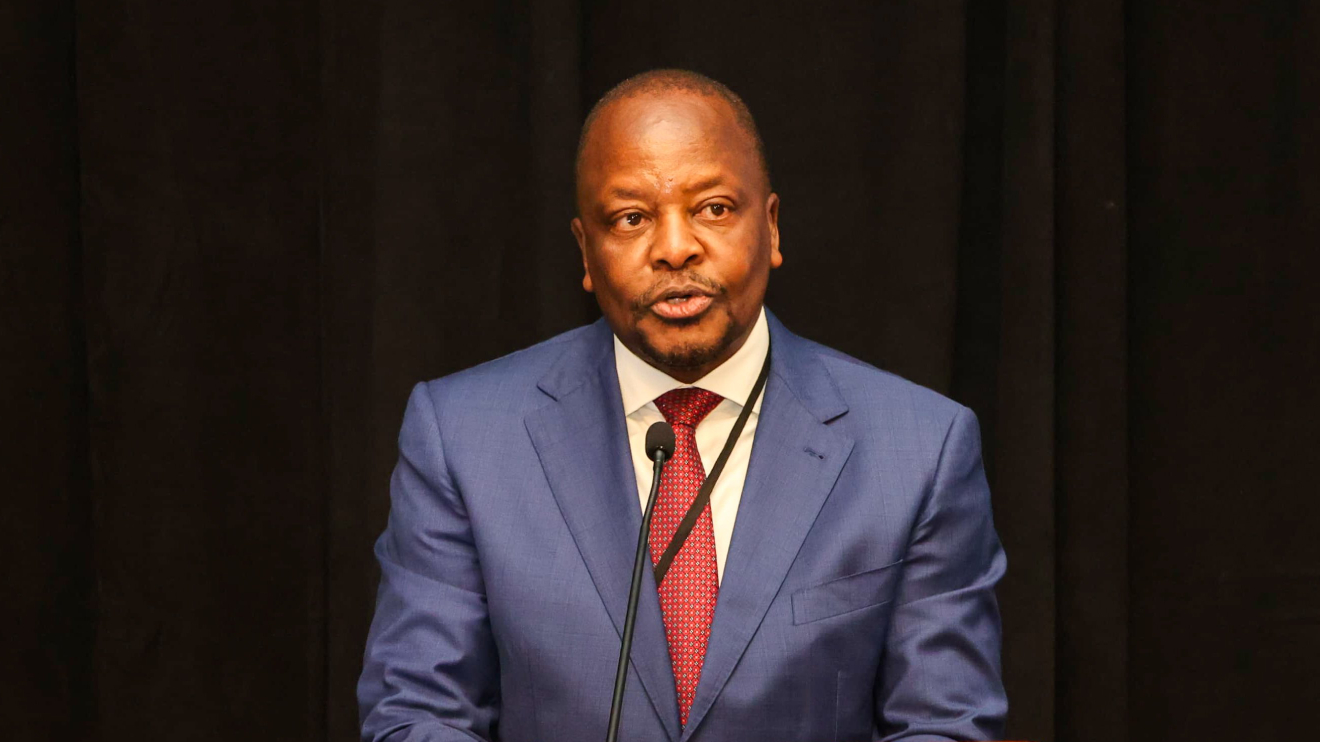Radio has been a very important medium of communication and entertainment ever since it was invented by Italian inventor Guglielmo Marconi in the 1890s, and it has continued to play a significant role in the lives of many people, including here in Kenya.
However, the rise and transformation of other forms of media, such as pay-television and social media have led to increased competition for audiences for radio broadcasters.
In order to stay relevant and continue to provide valuable services to their listeners in this digital revolution era, radio broadcasters need to adapt fast to the changing media landscape across the globe.
One way they can do this is by offering more interactive and engaging content through the media the current audience is tuning into content on, especially through their mobile phones.
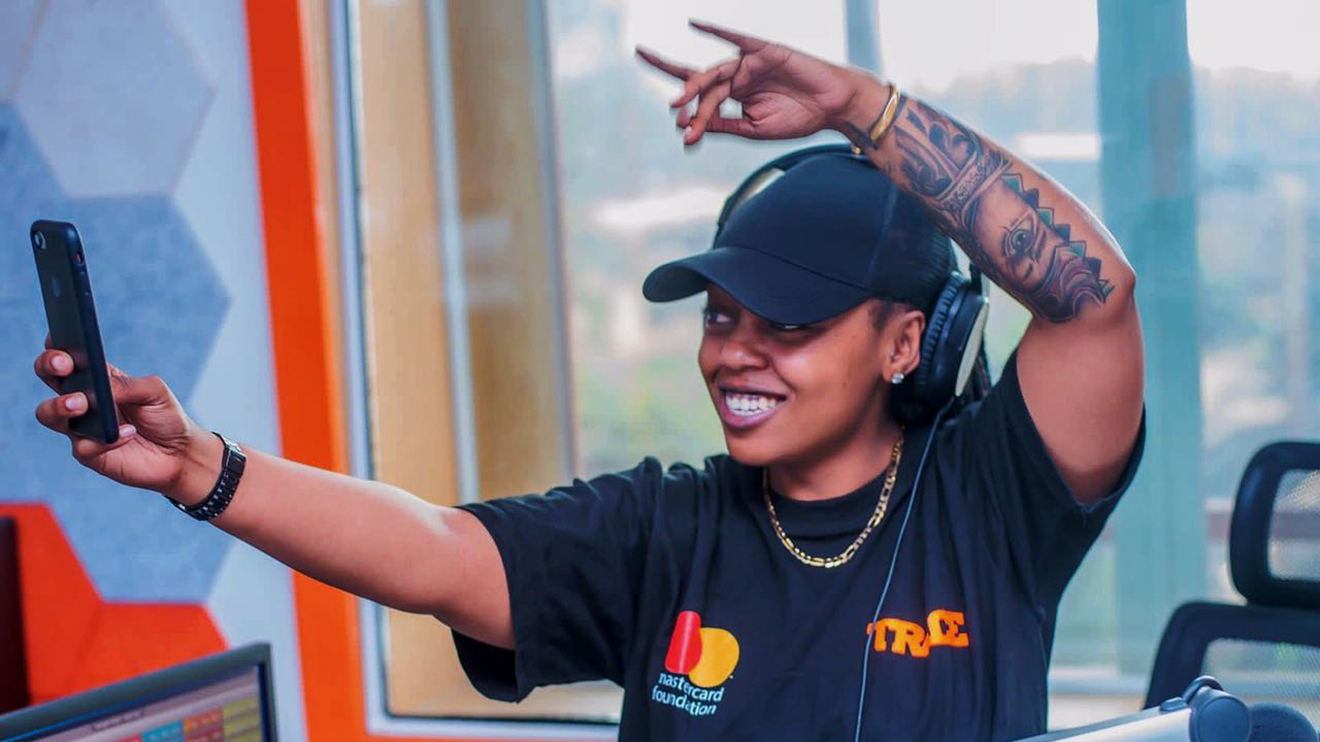
This could include things like podcasts, which allow listeners to tune in to their preferred content on their own schedule and engage with the content in a more personal way.
In addition, incorporating social media and other online platforms into their traditional programming can greatly help radio stations and presenters to connect with their audience in real – time and provide a more interactive and personal experience.
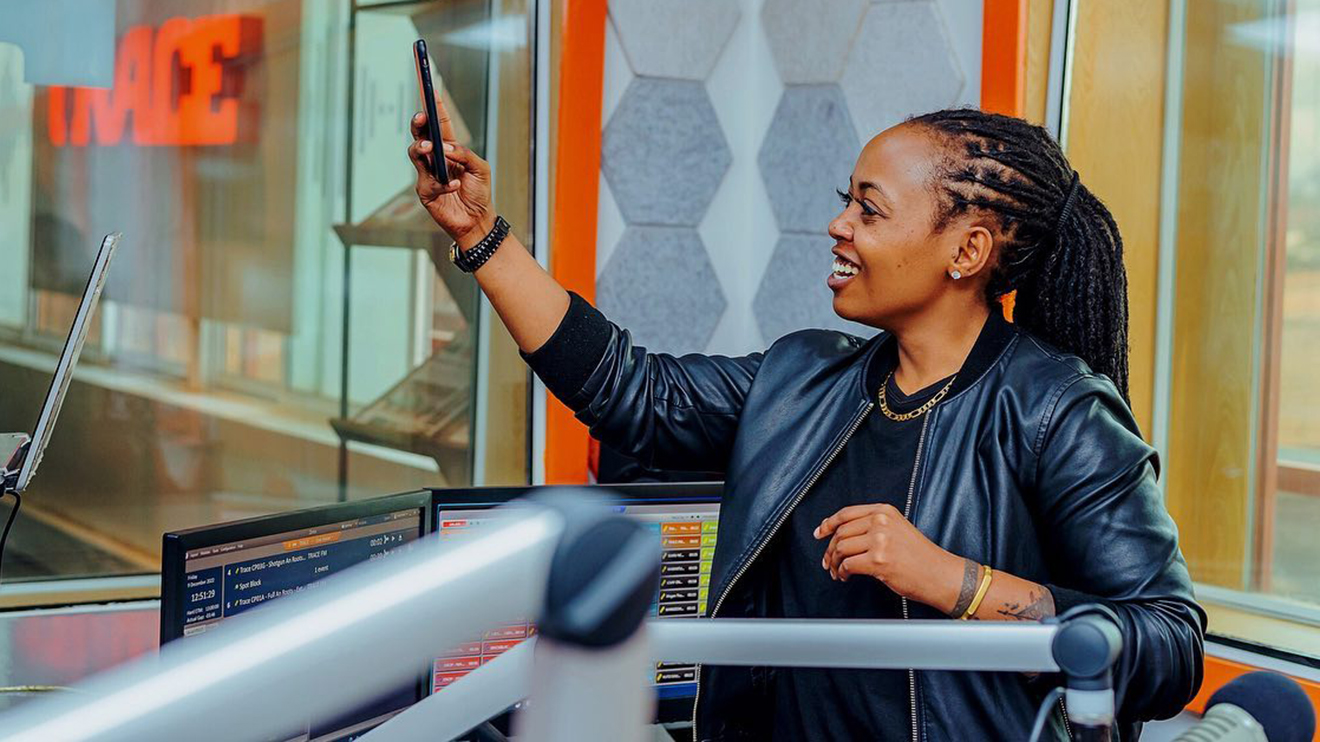
Another way that radio broadcasters can adapt is by offering specialized content that appeals to niche audiences to ensure they leave no fan behind in this era when listeners and viewers are more dynamic and choosier.
In the past, most radios stations offered a broad range of programming that was designed to appeal to a wide audience in general but in today’s media landscape, there’s a greater demand for specialized content that caters to specific interests or demographics.
As a result, many radio stations have been forced to begin offering specialized programming, including through music programs, talk shows and specially designed niche program shows to cater to the current ballooning Generation Z especially.
In Africa, the rise of digital technology has made it easier and more affordable for individuals and organizations to produce and distribute their own radio content like Trace does.
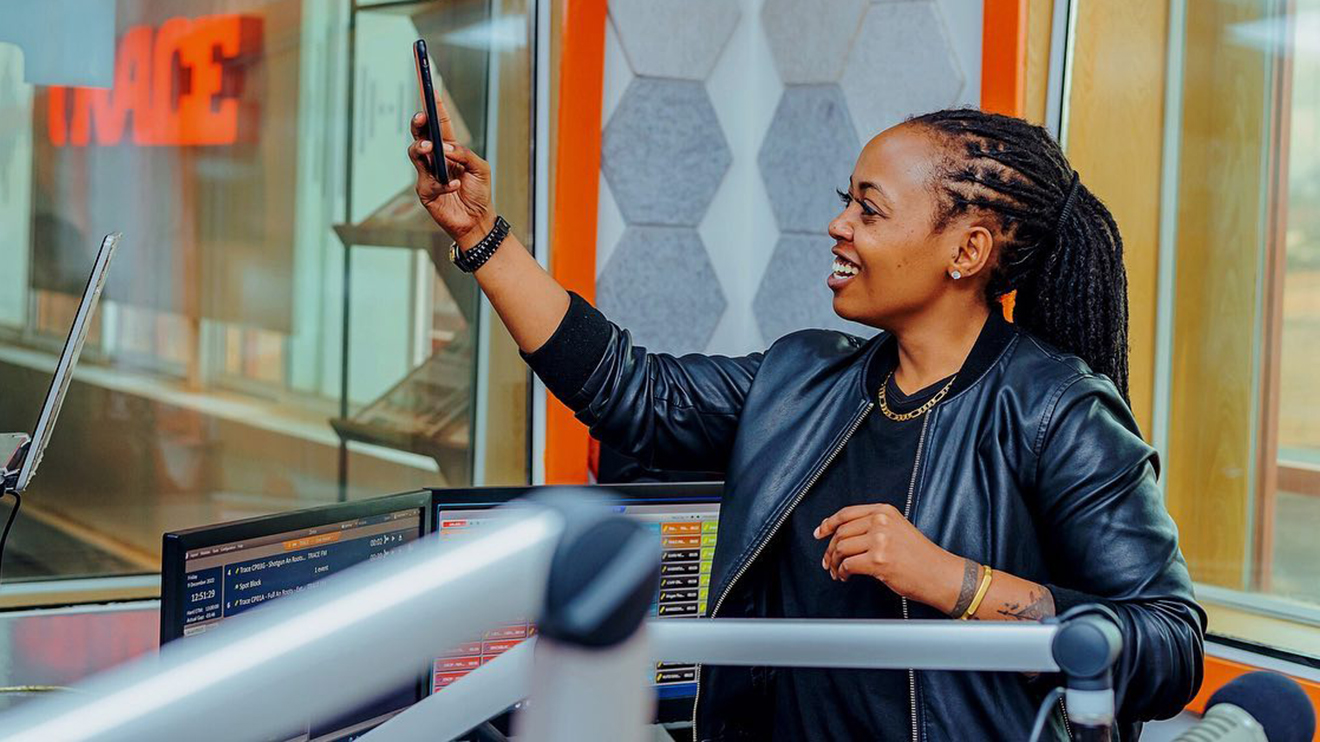
This has led to the emergence of a diverse range of new radio stations and programs, and has given a platform to marginalized voices and communities to be heard, with some stations purely available on digital platforms.
However, the rise of digital media has also brought its own set of challenges to radio stations and presenters, such as the need to adapt to new technologies and changing audience preferences fast or be obliterated in the very competitive media sector.
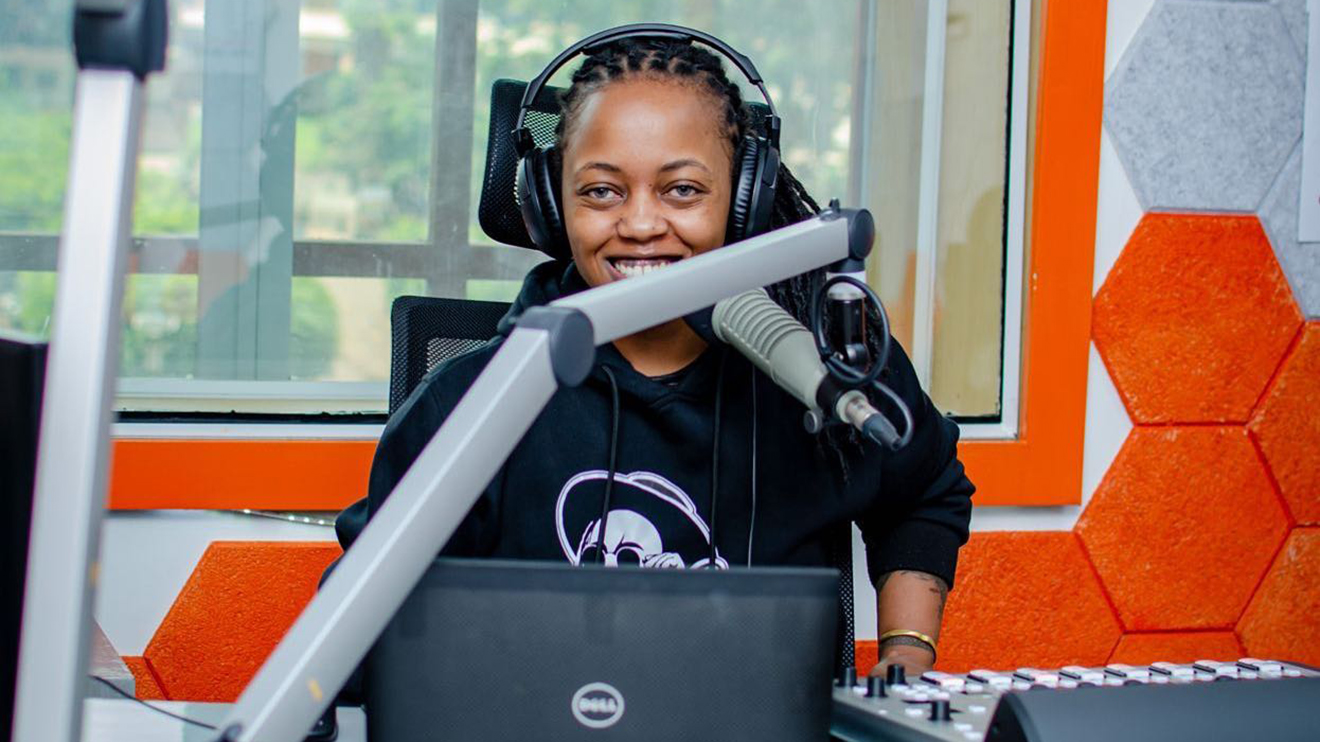
As the radio landscape continues to evolve as digital media disrupts media stations across the globe, it is very important for broadcasters and presenters to be more flexible and adaptable in order to remain relevant and continue to provide valuable services to their listeners.
As a radio presenter myself, with a show on Trace Radio, I have had to adapt to the fast-changing radio landscape by incorporating digital into my programming to interact more with my audience through live posts and videos on various social media platforms and sharing a bit more with them to become more relateable and for them to understand me better.
Joan Kibare is a presenter on Trace Radio (Eastern Africa)

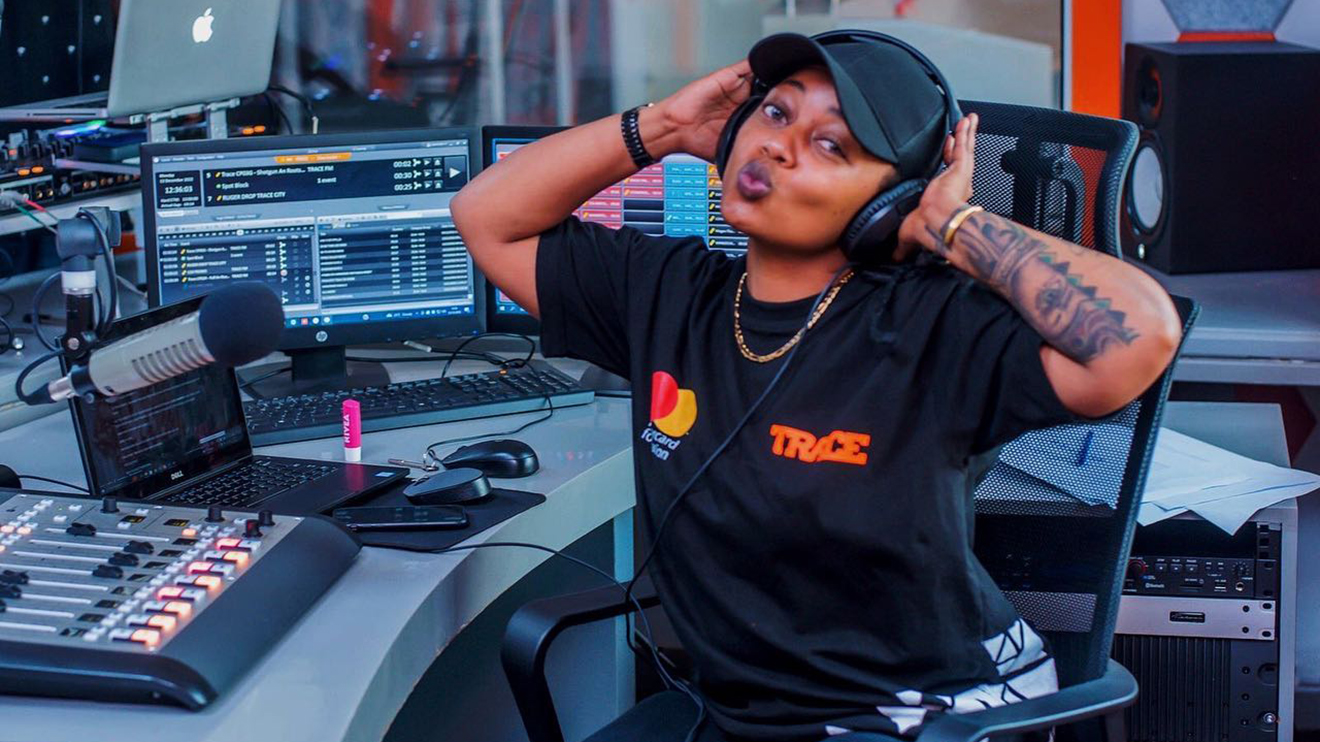
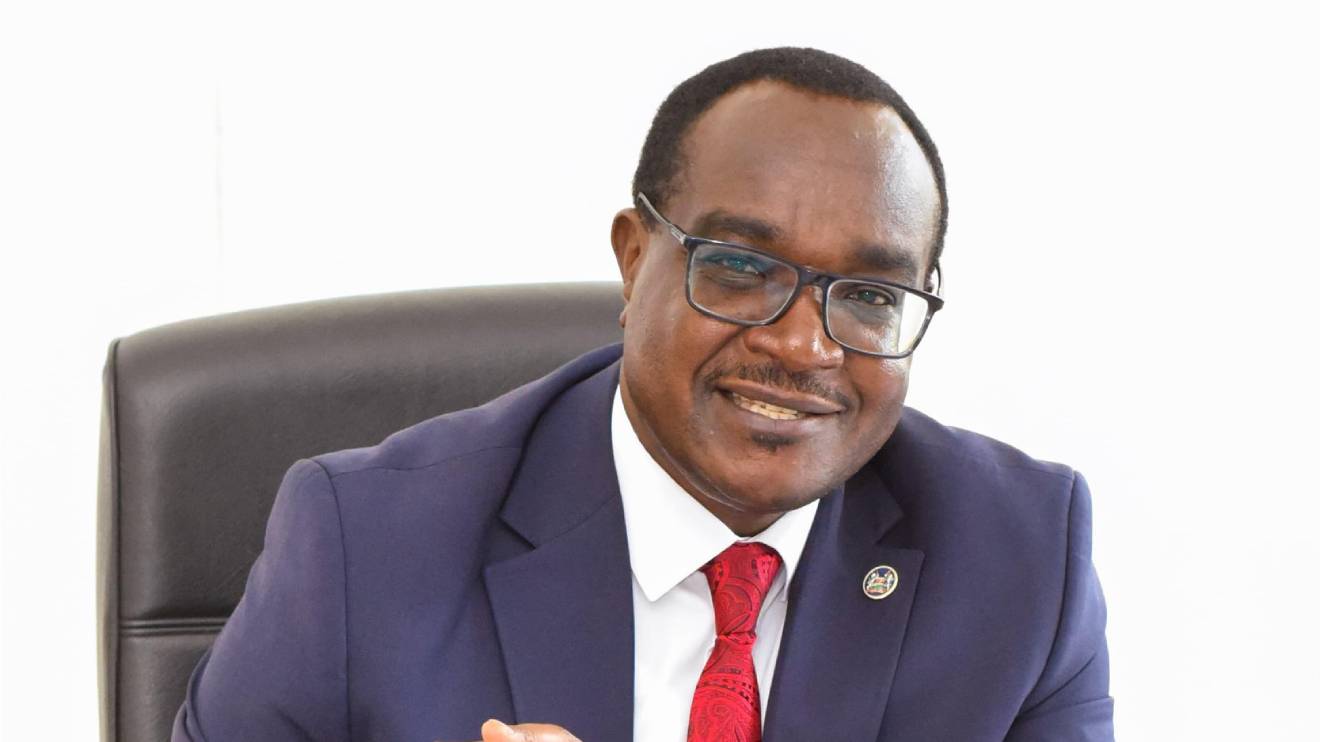
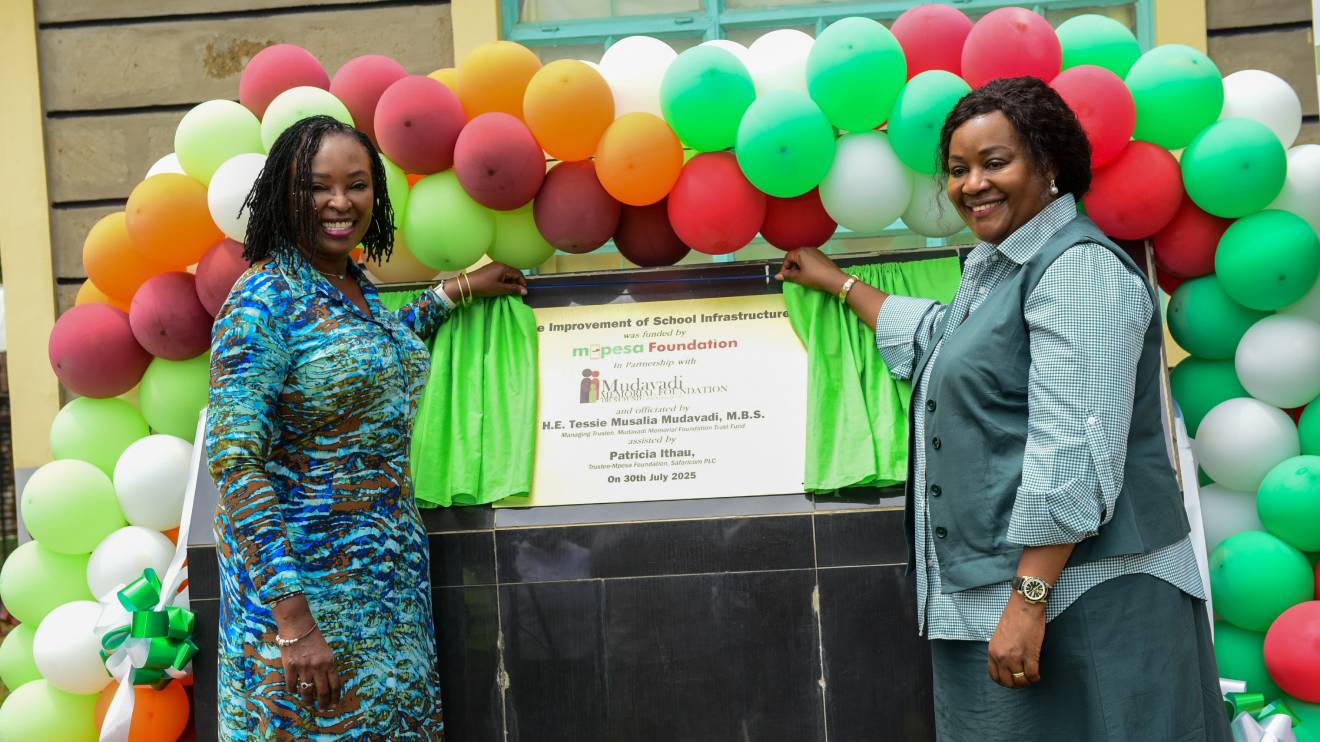
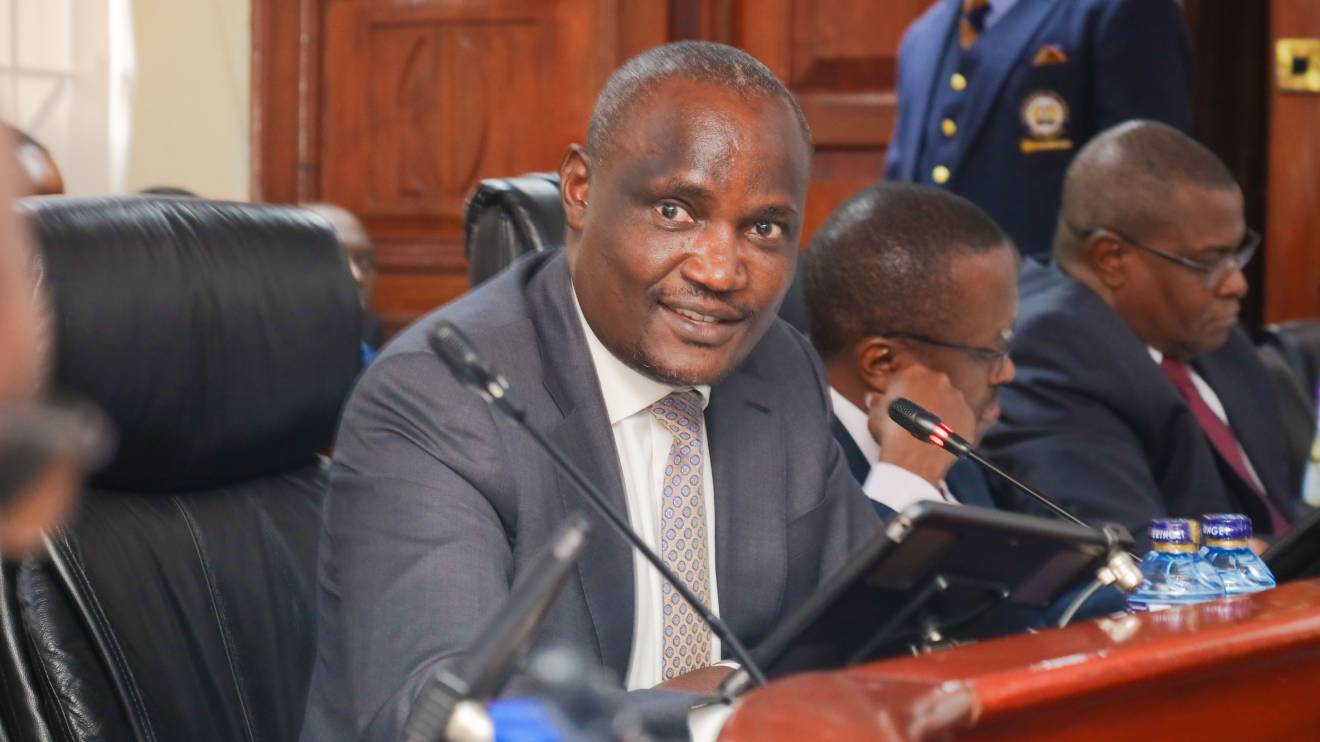
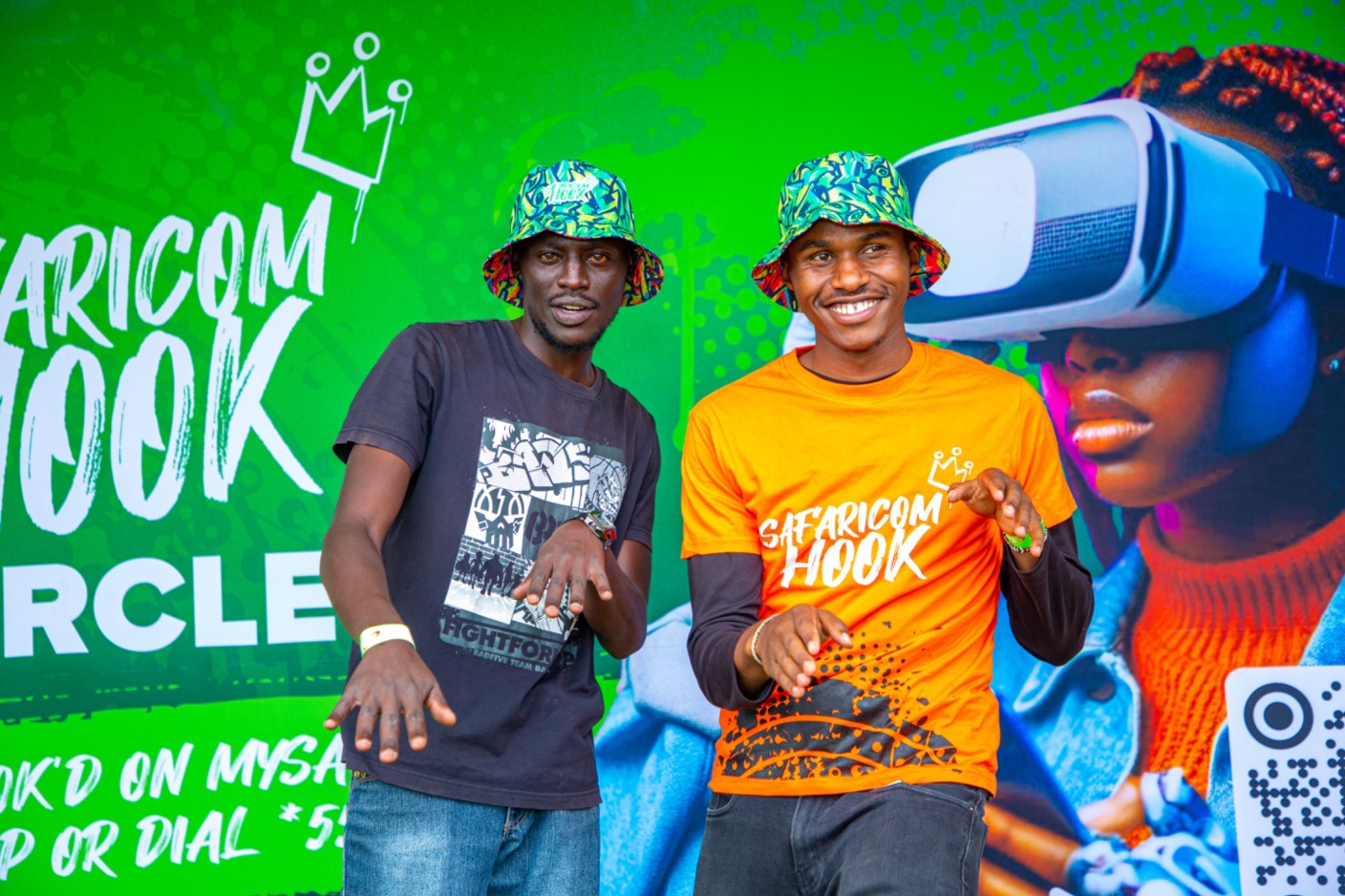
-1752797011.jpeg)

